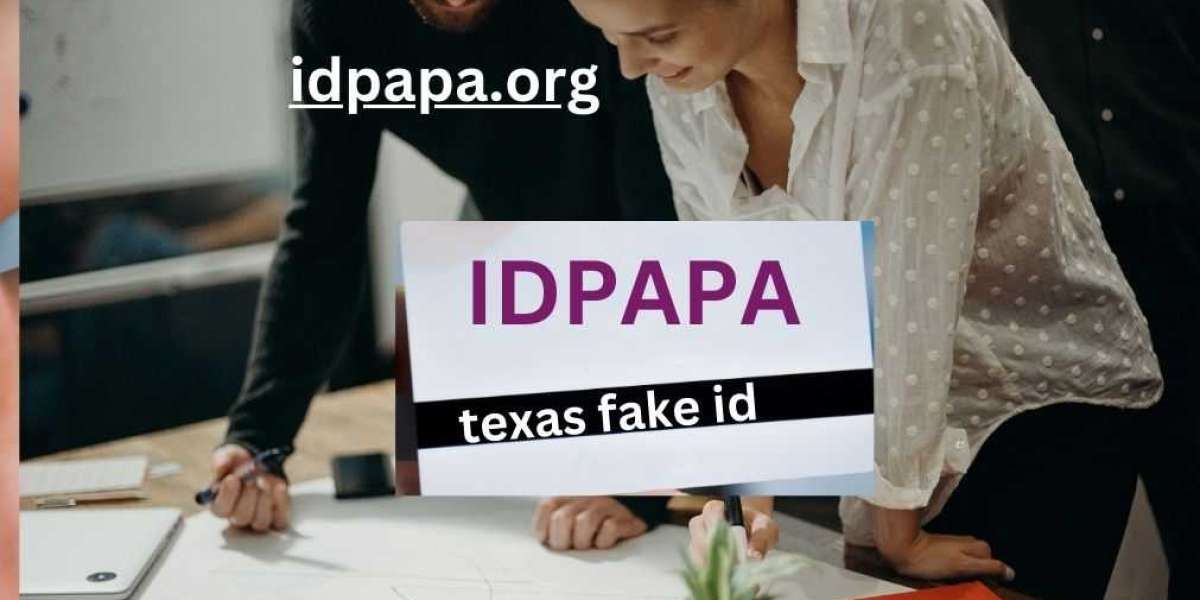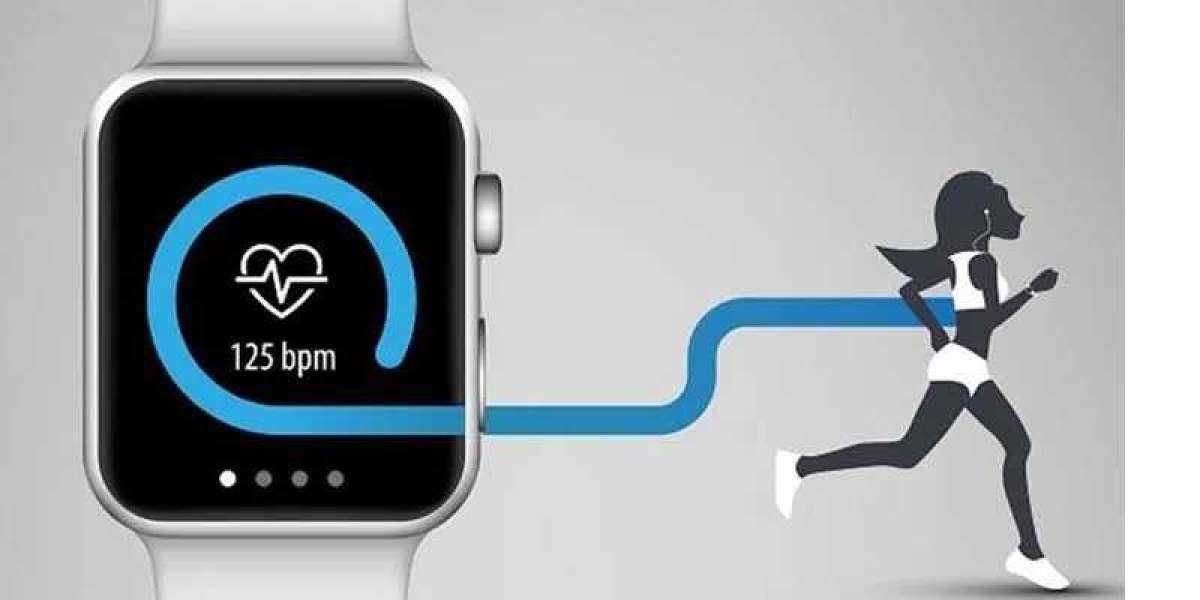ID scanner apps in the United States serve various purposes and are used in a range of industries and contexts. Their primary function is to capture and verify information from identification documents, such as driver's licenses, passports, or ID cards. Here are some of the basic usages of Id Scanner Apps in the US:
Age Verification in Retail and Hospitality: Many bars, restaurants, liquor stores, and tobacco retailers use ID scanner apps to quickly and accurately verify the age of customers before allowing them to purchase age-restricted products like alcohol or tobacco. These apps help ensure legal compliance with minimum age requirements.
Access Control at Events and Venues: ID scanner apps are commonly used at events, concerts, nightclubs, and other venues to control access. They scan IDs to confirm that attendees meet age requirements or to restrict entry to specific individuals.
Visitor Management: Businesses and office buildings often use ID scanner apps as part of visitor management systems. When visitors arrive, their IDs are scanned to collect and store information, generate visitor badges, and track visitor movements within the facility.
Security at Secure Facilities: Government facilities, airports, and secure buildings may use ID scanner apps for security checks. Scanning IDs helps verify the identity of visitors and ensure that only authorized individuals gain access.
Retail Transactions: Some retail businesses use ID scanner apps during transactions to verify the identity of customers, particularly in cases where proof of identity is required for purchases or returns.
Data Entry Automation: ID scanner apps are used in various industries to automate data entry processes. By scanning IDs, businesses can quickly and accurately capture information, reducing the risk of errors associated with manual data entry.
Identification for Employment: Employers may use ID scanner apps during the hiring process to verify the identities of job applicants. This can be important for conducting background checks and confirming eligibility for employment.
Membership Verification: Clubs, gyms, and organizations may use ID scanner apps to verify the membership status of individuals. Scanned IDs can grant access to facilities or services.
Preventing Fraud: ID scanner apps help prevent fraudulent activities, such as the use of counterfeit IDs or identity theft, by quickly detecting discrepancies or suspicious patterns in identification documents.
Regulatory Compliance: Businesses and establishments that serve alcohol, tobacco, or other age-restricted products often use ID scanner apps to comply with state and local laws and regulations governing age verification.
Reporting and Record-Keeping: Many ID scanner apps offer reporting and record-keeping features. They store scanned data, enabling businesses to maintain records for compliance or auditing purposes.
Efficiency: ID scanner apps offer an efficient way to process large volumes of IDs quickly, reducing wait times for customers and improving operational efficiency.
It's important to note that the specific use cases and features of ID scanner apps may vary based on industry and regulatory requirements. Additionally, businesses and organizations that use these apps should be aware of and adhere to privacy and data protection laws to ensure the responsible handling of personal information.
For more information visit IDPAPA








